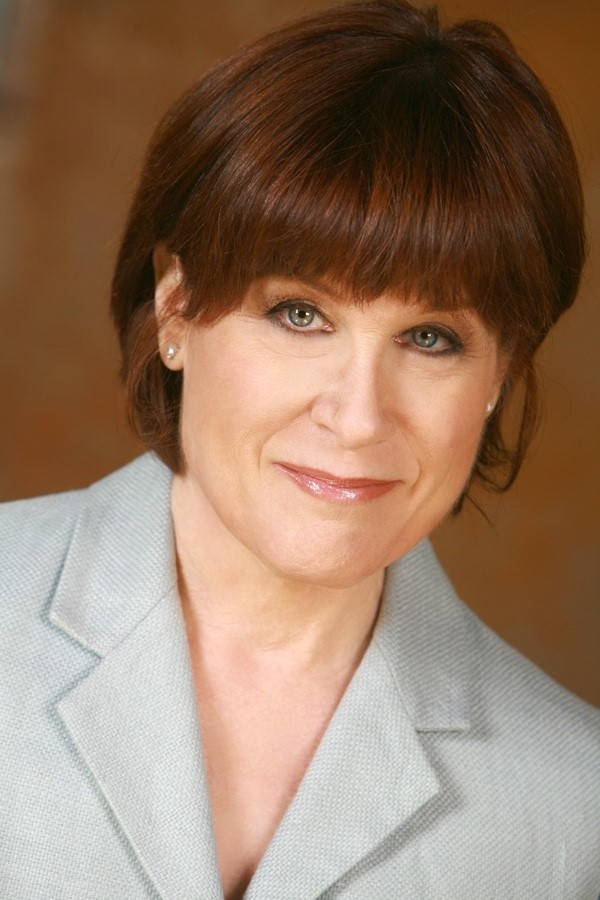Guest Blog Contributed by Chamber Member Olive Gallagher of The Inner Bottom Line®
I’ve always found the act of communicating a miracle somewhat up there with the parting of the Red Sea and landing on the moon.
Each one of us is a private, walking world, filled with our own ideas, thoughts, opinions, and definitions. To transmit these thoughts to another who acknowledges comprehension of any of it is no small accomplishment. In fact, some have argued it’s a miracle.
Yet, every day, as professionals, particularly if you’re in the marketing/sales/management side of the business, you’re asked to translate and define the intentions and messages of other people to an audience you generally never meet. And you do it. Amazing!
As a marketing and advertising specialist, I found myself in the field of ethics somewhat by default, despite my BA in Humanities. In 1983, I was asked to do an advertising campaign for a company that was polluting the very air I was publicly trying to clean up. I found myself on the mat wrestling with my core values, knowing that this campaign offered me monetary and professional benefits I had worked so long and hard to achieve. Yet, I also knew that by accepting it, I would sell out something that I was deeply committed to protecting. I wish I could claim that this happens rarely to few of us. But we all know it happens too often to far too many.
So when that happens, what do we do? What decisions do we make during this process of marketing and communicating ideas when we’re asked – no, actually told – to say or claim things which we ourselves would never say or claim? To shade or mutate or position a product, a service or an action in such a way that the whole truth becomes shaved down, even distorted…all in the name of the bottom line. What do we do?
Our own Inner Bottom Line is complex. It’s often difficult to know where the professional issues end and the personal ones begin. One thing, however, is clear. Whenever we’re compromised or not respectfully heard, not only do we pay too high a personal price. We also pay in “career dollars,” because the quality of our work suffers and our professional reputation is put at risk. We do best that which we love to do. And when we’re happy in our work, it shows.
The challenges we face are endless. Sometimes it’s merely semantics. Then a new interpretation or shift in position can reveal a different way to say something and please everyone, including ourselves. Sometimes it’s a value issue. And when it is, we have to dig quite creatively and objectively to find a truly redeeming quality in the product we’re being asked to promote.
Once in a while, though, it will go even deeper. When that occurs, boundaries get fuzzy and stress mounts. In doing our job in order to keep our job, we often risk losing a part of ourselves; one that is precious and should be inviolate. That The Inner Bottom Line. And when we cross it, that’s when the price risks getting too high to pay for very long.
So. How far out there are you willing to go? How off-course will you risk veering to drive home someone else’s point of view that refutes all that you believe and hold dear? And how big a price do you pay when this happens? Bigger than the paycheck you’re doing it for?
I’m not talking about holier-than-thou stuff here. I’m talking about the challenges to the every-day realities we all face just doing the best we can in a far-from-perfect world.
That’s why, after writing my book about The Inner Bottom Line and penning a Q&A syndicated column for more than twenty years, I’ve continued to consult with executives and their management teams as well as seeing clients in my private practice.
And the challenges my clients face today are more myriad and complex than ever: How to survive in a world growing more disconnected by the minute, how to succeed when there’s no longer any loyalty to any one thing, how to change a life mid-stream, how to deal with aging in a world that throws people away after fifty, how to resolve squiggly situations that aren’t clear but nevertheless pose a serious threat, and how to hold on to a sense of certainty in a world where nothing lasts for very long?
Choices. Values. And the four core ethical values of honesty, fairness, respect, and integrity. In the end, it always comes down to that.
Olive Gallagher is an ethicist, executive consultant and trainer, life and productivity coach, radio host and keynote speaker. She provides custom seminars and lectures to companies and sees individuals and couples in her private practice. Her weekly national radio show, “The Inner Bottom Line®,” airs live on Tuesdays at 3 PM PST. Kindle and audio versions of Olive’s 2004 book, The Nude Ethicist: A Simple Path to The Good Life™, are still available on http://www.amazon.com. You can submit your questions and ethical dilemmas to Olive at theinnerbottomline@gmail.com or book consulting appointments at (503) 855-4007.

